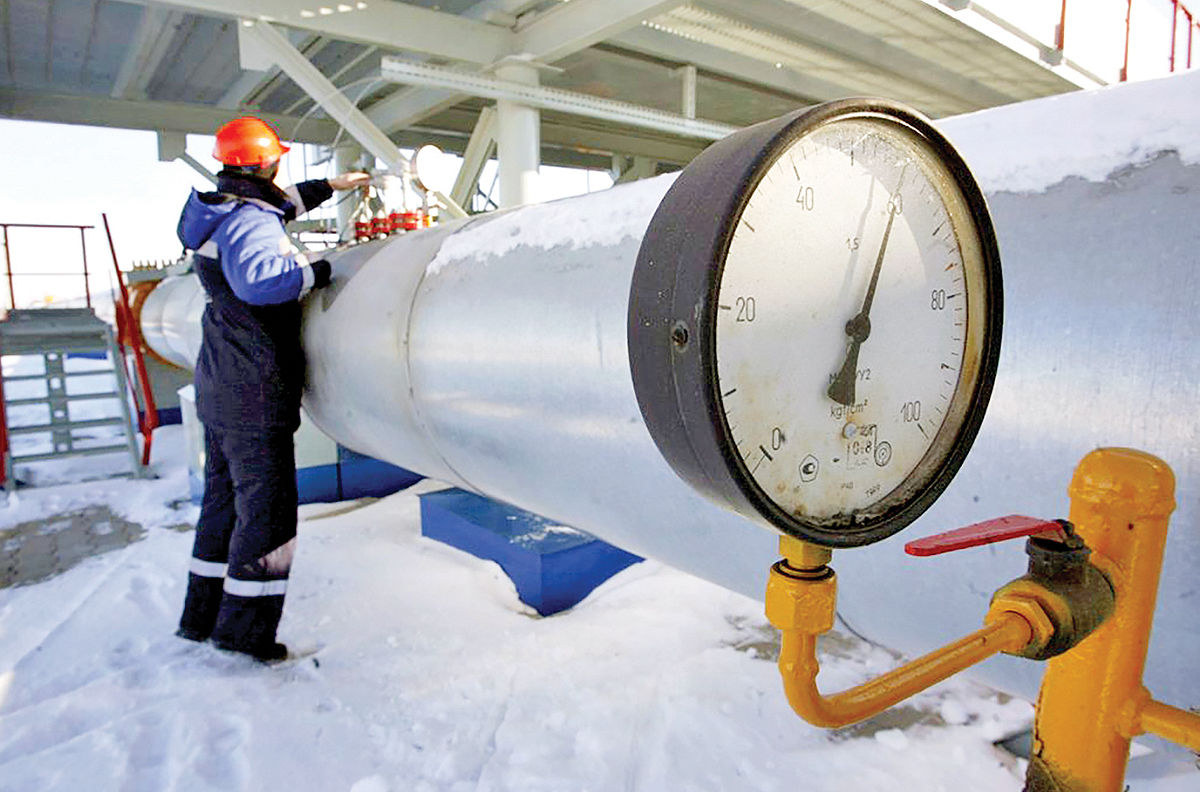In Germany, increased energy price and raw materials have clearly shown their effects on industry section of the country. More than 90% of industrial companies consider the situation as a major challenge. According to Federal Statistics Office, energy prices in September 2022 increased by 76.5% compared with the same period last year. Fuel price also increased by 28.4%, natural gas price (+5.7%), electricity (+2%) respectively. Expensive energy price in Germany is the key element of inflation rate in Germany. Anticipated inflation rate for the month of September 2022 is about 10%, while it was 7.9% in August. As Federal Statistics Office reports, according to available results, it is predicted that consumer price are 1.9% higher than that of August 2022.
The situation is the same in France. A bleak winter is predicted for consumers. Both French government and private sector have obliged to find ways and means to correspond their energy policy with present situation; including and among these measures are probable close down of pools, sports halls, and ski slopes. French President Emmanuel Macron has urged his fellow citizens to reduce their energy consumption at least 10% within the coming weeks and months; he also warned otherwise the country may have to practice a quota system and to face compulsory reduction of energy consumption during winter.
One of the reasons for unbridled energy crisis is non – balance between supply and demand. Moreover, if the strongest economic driving engines of the EU, i.e. Germany and France stop to work, its consequences will affect other member countries too.
Increase of charge on electricity bills due to reduction of energy supply to Europe by Russia may probably strengthen economic recession, because businesses and families are impressed by very high energy prices. Compulsory reduction of energy consumption will be followed by complete close down or reduction of production and sharp increase of unemployment. This is the case while according to Marcel Fratzscher, President of the German Institute for Economic Research (DIW Berlin) since 1990s low income families had slight increase in their real salaries. Concerns are growing about social polarization and now high inflation can cause even wider gap in European community. Low income individuals, particularly are impressed by high inflation and losing their purchase power. Contrary to assumptions of most industries, at present situation, Europe’s free economy requires further intervention of governments in the market. Having considered the ceiling price of electricity and gas, also collecting tax, distribution of capital and interests, European governments will be forced to respond people’s dissatisfaction trend.
At the moment, the EU is facing an extraordinary situation. Previous crises and major developments, economic crisis of early 2000s and financial crisis of 2008-2011 clearly show that crises will exacerbate inequality of incomes.
Rising inflation rate and increasing living expenses in Europe confirm the certainty of Euro zone entrance into recession. Consequently, the Europe’s economy will severely be stricken.
Intensification of energy crisis in Europe and heightening concerns about the bleak and difficult winter of the continent make possible the revival of rightist and anti – EU parties in European countries. Likewise, the crisis makes an ordeal for solidarity among EU members. Any gap in solidarity among EU member countries will be coupled with the failure of sanction policy and Europe’s pressure on Russia.
In view of economic and social crisis in present Europe, it can also be said that even if EU member countries purchase more gas, oil and coal from Canada, Qatar, Saudi Arabia or other suppliers, skyrocketing energy prices originated from war between Russia and Ukraine will severely hit economy and security of the whole European community.
In conclusion, it must be said that at world level, with prolongation of war of attrition between Russia and Ukraine, the U.S that enjoys having immense energy reservoirs, and China plus India that enjoy having preferential rate in purchase of energy from Russia, will potentially be benefitted from crisis in Europe.










0 Comments